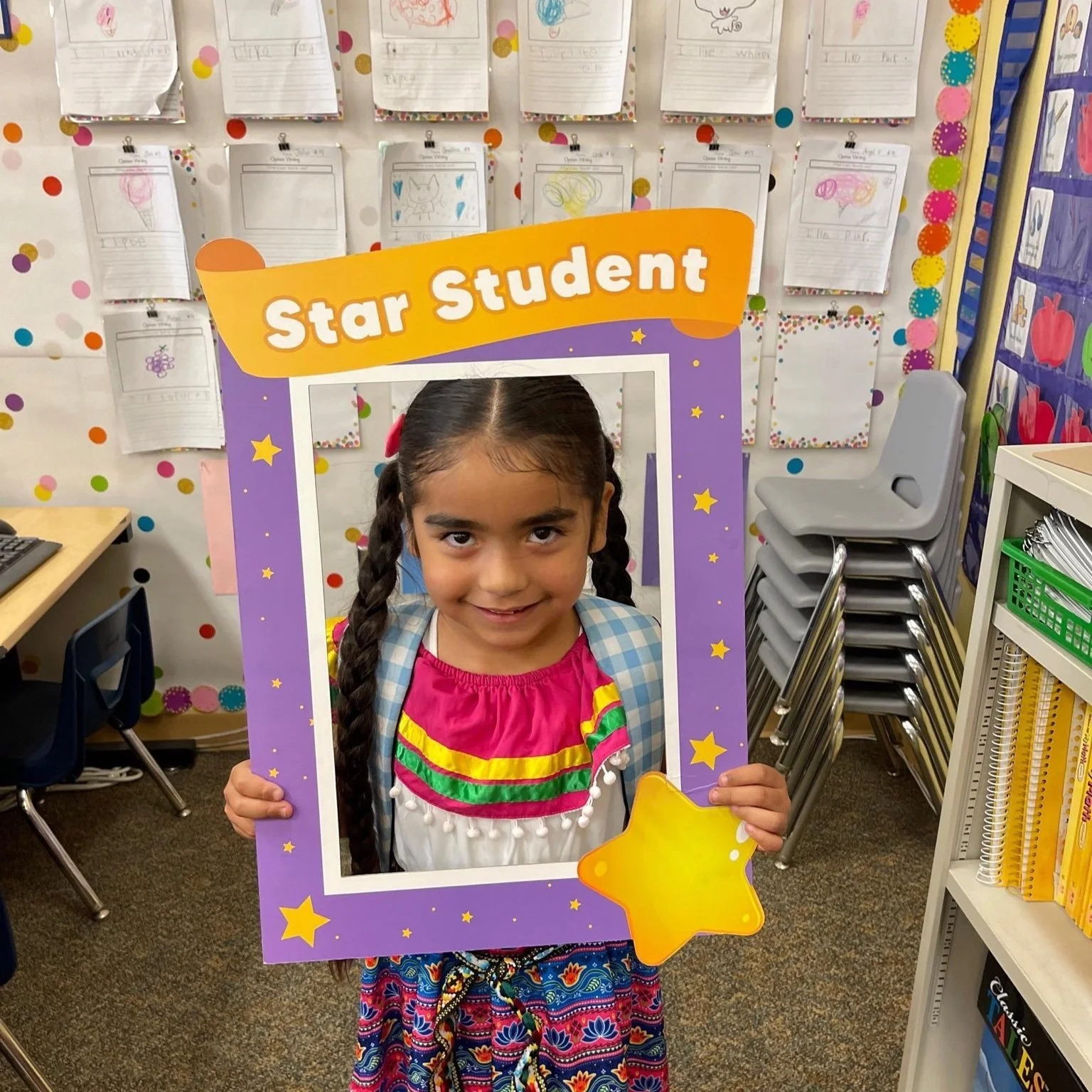Stephanie, a case manager at ECS’ Central East Regional Recovery Center (CERRC) program, pours her heart into her job. Each client she interacts with is treated with unbridled compassion and support. Her motivation? Stephanie was once in those clients’ shoes, dealing with the harsh reality of a substance use disorder (SUD).
For many years, Stephanie battled SUD. Her childhood in Minnesota was set in a broken home; her father battled alcoholism, she was molested by a relative as a child, and her parents fought intensely before separating. “It was really unstable,” Stephanie shared. The situation meant that Stephanie and her sisters had to move multiple times, sometimes staying in foster care or at different friends’ houses. It was while living with a friend in ninth grade that Stephanie was introduced to drugs.
Stephanie used drugs to cope with the childhood events she never healed from. “For a long time, I thought that's how everyone's family was,” she said. “I'm about to be 40 and I can still remember this stuff.”
When drugs were no longer enough to cope, Stephanie ran to San Diego. “I was always running, always running. Every time there was a problem, I'd either run away or run to drugs,” Stephanie said. “They say geographical fixes don't work because you're there; no matter what you're trying to escape, there you are.” This wisdom held true for Stephanie. Once she was in San Diego, her drug use only worsened.
At the time, she was also in a very physically abusive relationship in which she was manipulated and had her savings depleted. Stephanie half-joked, “I either need to be a nun or I need to have treatment.”
Stephanie settled on the treatment option. “I didn't think I was going to get clean, but God gave me the gift of desperation,” she said. To ensure she didn’t resort to her old “running” habit, she gave up her car and her residence. “I ended up going to a few programs and I'm not going to lie, I still ran,” Stephanie said. “But this time I didn't run to my house, I ran to another program.” She tried several programs but never felt comfortable. Many lacked the personable support she needed. Others had too much drug use and crime in close proximity. Thankfully, she was eventually referred to CERRC.
Even at her intake, Stephanie noticed a difference. She felt like she was finally in a good place, immediately supported by staff including her counselor, Summer. “I don't have family out here. Everyone's in Minnesota, so when Summer asked me, ‘who is your support?’ and I said ‘her,’ I really meant it,” Stephanie said. That support came through; “I was able to build a support system of women,” she said. “That walk was very important for me. They were once in my spot, they knew what I needed. They really gave me person-centered care.”
Stephanie attended the program faithfully. She got the guidance she needed, learning about topics such as healthy relationships, co-dependence, and toxic behavior, which she was able to apply to her own life and leave her abuser. “Growing up, I didn't have a lot of support from my parents. So, when I got here and I got advice that you would typically hear from your parent, it took me to a whole different level,” Stephanie said. She created meaningful relationships and was encouraged constantly by counselors who pushed her to attend AA and NA meetings, get a sponsor, and go to self-help meetings. Stephanie was struck by the example her counselors set by also attending meetings, truly walking the walk.














